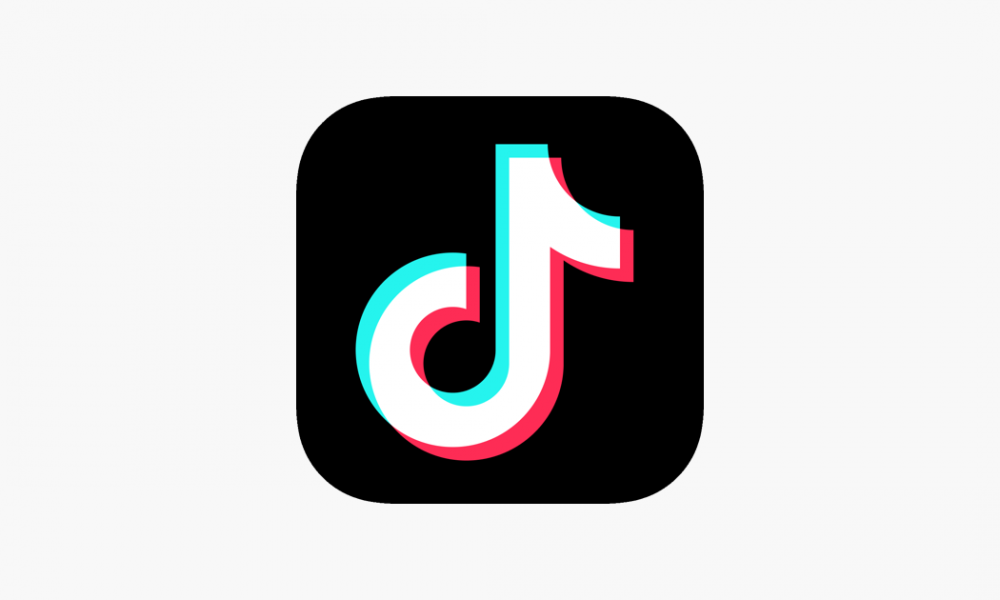In response to white creators continually profiting off black users’ creativity without giving proper credit, black creators have refused to contribute new dances.
What We Know:
- Eric Louis, a 21-year-old user, posted a video using Megan Thee Stallion’s new song “Thot Shit”. He poked fun at white creators attempting to make a dance to the song by pretending to dance before abruptly walking out of frame. The caption on the video reads, “Sike. This app would be nothing without black people.” Soon, #BlackTiktokStrike was born.
- Black creators have repeatedly been denied proper credit for the trends they have created on the app. In March, Jimmy Fallon invited star Addison Rae Easterling onto his show to perform 8 viral dances, none of which were her creation. The show did not include the creators who made the dances aside from writing their names in the description of the YouTube video of the segment after the show aired. Fallon invited the actual creators onto the show after backlash.
- The NBA also invited Easterling and two other creators, sisters Charli and Dixie D’Amelio, to their All-Star Weekend. The trio had prime seats, did many interviews, and performed on the court to the same choreography that was attributed to black creators.
- One of these dances to K Camp’s song “Lottery” was created by Jalaiah Harmon, a teen from Atlanta. She was not initially invited until the NBA responded to pushback. Harmon, in an interview with The New York Times, said, “I was so happy when I saw my dance all over, but I wanted credit for it.” She has only recently received widespread recognition.
- A recent trend circulated to Nicki Minaj’s “Black Barbie”. Videos were created showcasing black beauty along with the lyrics, “I’m a f****** Black Barbie. Pretty face, perfect body.” White creators began to use the audio as well which caused an uproar.
- The real issue is more than just attributing credit. Sarah J. Jackson, associate professor and co-director of Media Inequality and Change Center at the University of Pennsylvania’s Annenberg School for Communication, studies the intersection of race and media. She said, “Since the founding of this country, Black art forms, Black dance forms, have been appropriated, watered down, repackaged, and used to make money by white folks.”
- TikTok was also called out by black creators when users joined together to host a blackout in response to the Black Lives Matter movement, a phenomenon hidden in the app’s algorithm. The company has since apologized and pledged to make the app more diverse with a roundtable entitled Creator Diversity Collective. With recent complaints and the current strike, TikTok has pointed to its progress report on diversity and the launch of its @BlackTikTok page run by black employees.
“TikTok is a special place because of the diverse and inspiring voices of our community, and our black creators are a critical and vibrant part of this. We care deeply about the experience of black creators on our platform and we continue to work every day to create a supportive environment for our community while also instilling a culture where honored and crediting creators for their creative contributions is the norm,” TikTok said in a statement.
The repeated complaints by black users despite the company’s reported attempts to resolve the issues identify a deeper fissure than TikTok might like to admit. Louis stated, “Eventually, I think there will come a point where black people migrate off the app and find other ways to try and grow their account and diversify where they get their income from.”



